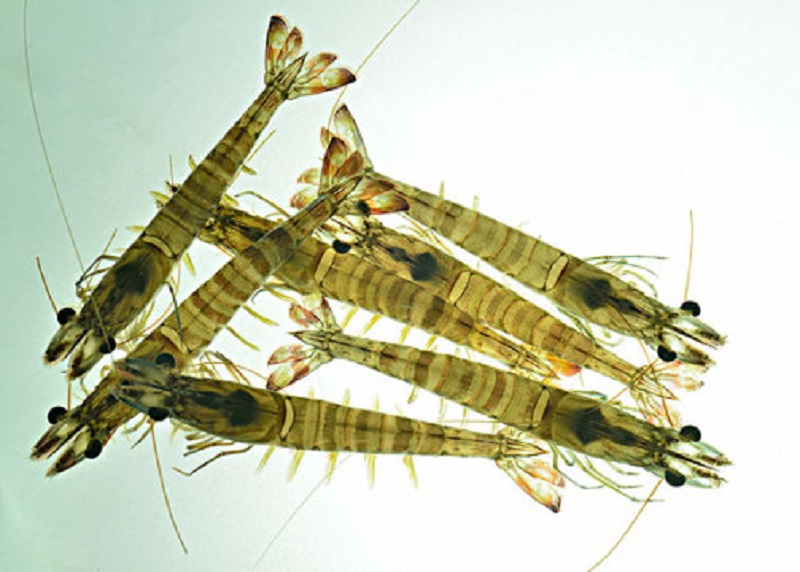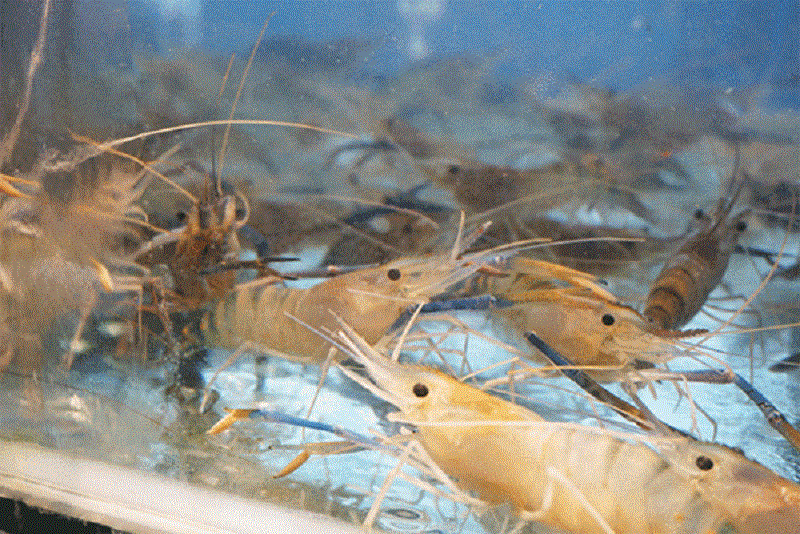The Ingenious Application of new feed additives-Glycerol Monolaurate in aquaculture
In recent years, glycerides of MCFA, as a new type of feed additive, have received extensive attention due to their high antibacterial performance and beneficial effects on intestinal health. Glycerol monolaurate (GML) is a nutritional MCFA monoester that exists in breast milk and coconut oil. The FDA has approved that it is generally considered safe when used in a dose range of 10 to 2000mg/kg in various products. In addition to its antibacterial and antiviral effects, it also has emulsifying properties.
Glycerol Monolaurate(CASNo:142-18-7)
Name :Glycerol Monolaurate
Other name: Monolaurin or GML
Formula:C15H30O4
molecular weight:274.21
solubility:Slightly soluble in water and glycerol, soluble in methanol, ethano
Appearance :White or light yellow solid
GML has the ability to remain in the digestive tract for a longer time and improve the intestines, which means that GML can directly affect the gut microbiome, helping the body harvest nutrients that cannot be absorbed and ultimately enhancing the body's ability to absorb energy.
To date, the growth-promoting and immunomodulatory effects of monoglycerides in poultry have been deeply studied to enhance the egg production rate, feed efficiency, fresh egg quality and nutritional value of poultry. In addition, GML also has a health-promoting effect as well as powerful anti-inflammatory and antibacterial activities.
The effects of feed monoglyceride of laurate (GML) on the growth performance, digestive enzymes, body composition and non-specific immune response of Litopenaeus vannamei
2. The shrimp used in the study were fed with four different feeds, with 0, 350, 700 and 1050mg/kg GML added to the feeds respectively. The experiment lasted for 60 days.
The research results show that GML 700 and 1050 mg/kg significantly improve growth performance, intestinal lipase and protease activities, while the addition of GML 1050 mg/kg to the diet increases serum lipids and systemic crude lipids.
The activities of intestinal lipase and protease showed an increasing trend with the change of GML levels, and the GML groups in the 700 and 1050 mg/kg dose groups were significantly higher than the control group (P < 0.05). Meanwhile, different levels of GML had no significant effect on the activity of digestive enzymes in the hepatopancreas.
Furthermore, when GML is added to the feed at concentrations of 350 and 700mg/kg, it enhances the immunity of shrimp by improving their antioxidant and antibacterial status.
The potential of low GML as a feed additive to improve the growth, digestive enzyme activity and non-specific immunity of white shrimp. According to the research results, due to the increased activities of intestinal lipase and protease, feed supplement doses of 700 and 1050 mg/kg GML significantly improved the growth performance of white shrimp from South America.
Post time: Jun-16-2025







